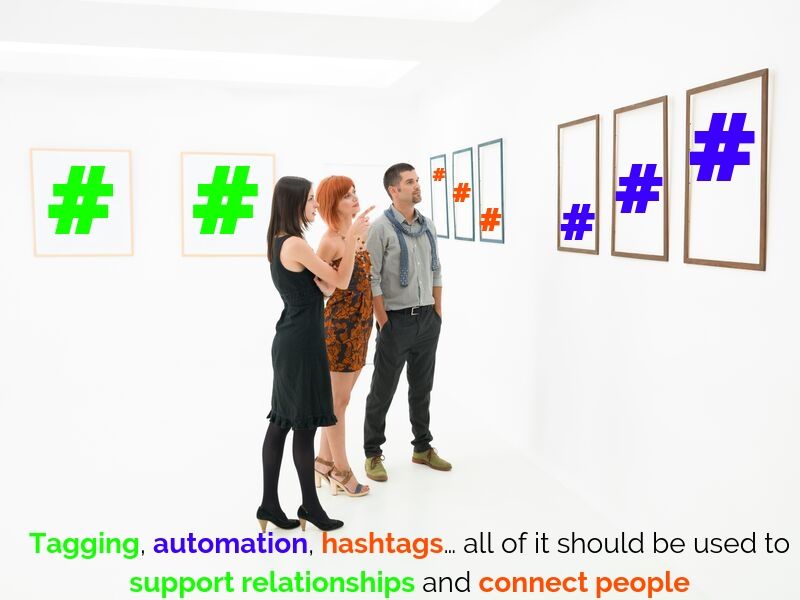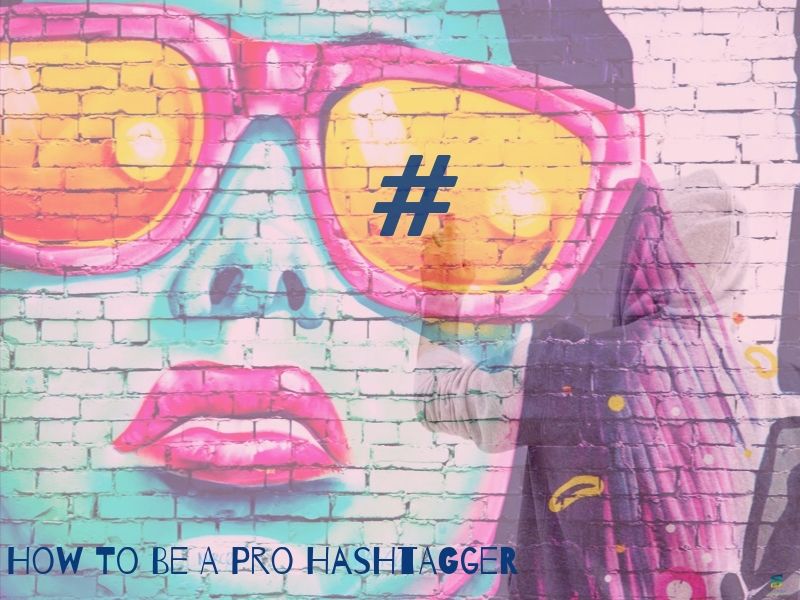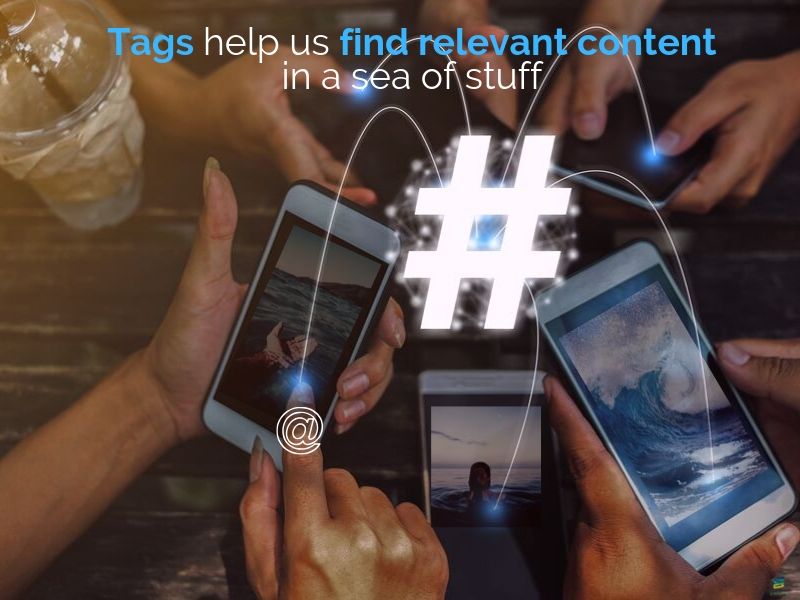Tags – the most underrated, helpful tool.
This article is letter (T) of our “Automation Brand" series where we write an article for each letter of the phrase. “Automation Brand" finds all the ways automation benefits marketing. Find links to more articles in the series below.
Living in the age of peak content, there are heaps and heaps of data we have access to. It’s certainly an advantage for humanity to collect this much information. It suits the “knowledge is power” ethos.
Combine this with the easy access to all this information and the entire power dynamics of civilization is turned on its head. We could go on… With so much stuff out there, how can we sift through all the unnecessary stuff to find the stuff we need?
An often overlooked, unsung hero that works diligently behind the scenes to help us find stuff are tags. SEO tags create the network for searching the internet. There are many ways and media tags are applied.
What Are Tags?

Tags refer to a categorization system used for large amounts of content and data. Similar pieces of content are tagged with the same “tag,” making it easier to organize content and find.
Tags are part of what is called metadata. Metadata provides information about other pieces of information. For example, geotagging adds geographical location metadata to an image or video.
Tags are useful for creators and users alike. In particular, Instagram brought us hashtags. Hashtags started off as their unique tagging system. Now, hashtags are integrated across almost all the social platforms.
How To Be A Pro Hashtagger

When in a marketing mindset, using too many hashtags dilutes your message. Steer away from generic terms like #fashion if you’re trying to promote content about organizing your closet for autumn, for example.
A little bit of research goes a long way, using trending hashtags can bring a lot more eyes viewing your content. In the Instagram app, go to the Search menu. The different categories there give you “related hashtags” that give you an idea of what kind of hashtags are being used for different niches.
Hashtag Associations

Also, do your research on hashtags before you associate with them. There have been many times where brands unknowingly used a controversial hashtag, only to apologize later for using an offensive hashtag.
And even online with hashtags, there are certain common etiquette and norms. Using too many hashtags just makes you look desperate, spammy, or be a distraction. Of course, how many hashtags are “too many” differs with each platform.
Word Up:
The information age leaves us all a little helpless. Tags help us find relevant content in a sea of stuff. More importantly, finding relevant content helps people more easily connect with one another. Tagging, automation, hashtags… all of it should be used to support relationships and connect people.
sources: later.com moz lockedownseo
This article is part of our “Automation Brand” series where we write an article for each letter of the phrase. “Automation Brand” finds all the ways automation benefits marketing.
Click below to read more articles in the “Automation Brand” series:
(A) Ready Or Not - Why (A)utomation Is The Future Of Your Brand
(U) 5 Easy Rules To Create (U)niversal Content
(T) Use These 4 Types Of (T)raffic To Earn More Online
(O) Automate Your (O)nline Content And Never Waste Time Again
(M) Important Stuff You Should Know About (M)arketing Automation
(A)Content Equity–The Key To Monetizing Your Brand (A)ssets. Here's Why!
(T) The Unexpected Way (T)ags Help In The Age Of Peak Content
(I) To (I)T Automate Or Not To IT Automate? That Is The Question
(O) How To (O)rganize And Automate Your Content Start To Finish
(N)arrow Artificial Intelligence Lives Among Us
(B)uyer’s Journey From A Buyer’s Point Of View
(R) In Case You Missed It: (R)obotic Automation Is Already Here
(A) Why (A)utomation Efficiency Changes Everything
(N) Can Robots Write (N)ewsworthy Content?
(D) The Jumpstart Guide To Content (D)istribution



